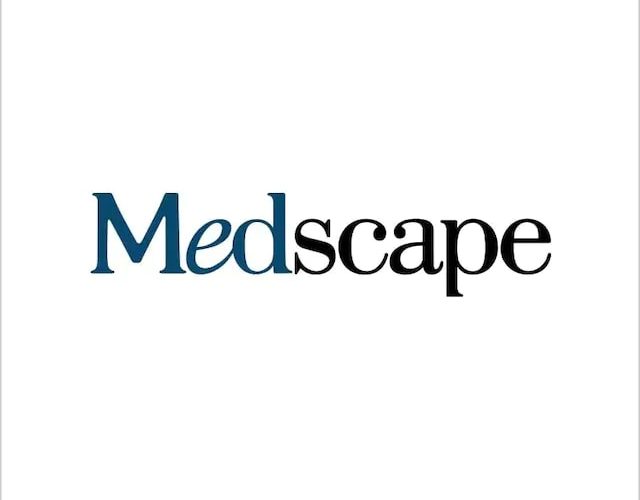Mirikizumab Keeps Ulcerative Colitis at Bay Without Steroids
NEW YORK (Reuters Health) – Mirikizumab is a promising, potentially first-in-class anti-interleukin (IL) 23p19 treatment for induction and maintenance therapy in adults with moderate to severe ulcerative colitis (UC), according results of the phase-3 LUCENT-1 and LUCENT-2 trials.
Patients who responded to mirikizumab at 12 weeks achieved and maintained “statistically superior and clinically meaningful” improvements at one year compared with placebo across the primary endpoint of clinical remission and all key secondary endpoints, Eli Lilly and Co., which is developing the drug and funded the trials, said in a news release.
The LUCENT-2 study results were presented at Digestive Disease Week (DDW).
LUCENT-1 and LUCENT-2 enrolled patients with moderately to severely active UC who had failed other therapies. A total of 544 patients from LUCENT-1 who responded to 12 weeks of mirikizumab induction therapy were re-randomized to mirikizumab or placebo subcutaneously for an additional 40 weeks.
“Mirikizumab was superior to placebo on clinical, symptomatic, endoscopic and histologic endpoints regardless of previous failure to TNF inhibitors, tofacitinib or other biologics,” Lilly said.
Among the key findings:
– 49.9% of patients on maintenance mirikizumab achieved clinical remission at one year compared with 25.1% of patients on placebo (P<0.001).
– 63.6% of patients on mirikizumab who achieved clinical remission at 12 weeks were still in remission at one year, compared with 36.9% of patients on placebo (P<0.001).
– 97.8% of patients on mirikizumab who achieved clinical remission at one year were not taking corticosteroids for at least three months prior to the end of maintenance treatment.
– Among patients with baseline urgency severity of 3 or greater, 42.9% of patients on mirikizumab achieved resolution or near resolution of bowel urgency severity at one year compared with 25% of patients on placebo (P<0.001).
The overall safety profile of mirikizumab was consistent with previous studies of the drug in UC and consistent with that of other anti-IL23p19 antibodies in other therapeutic areas, the company said.
“Ulcerative colitis can significantly impact a patient’s quality of life, including fecal incontinence due to bowel movement urgency that may even result in individuals wearing diapers. Patients often spend years trying different treatments, including steroids and TNF inhibitors, hoping to achieve remission, reduce inflammation and get relief from painful, disruptive and sometimes embarrassing symptoms,” study investigator Dr. Marla C. Dubinsky, co-director of the IBD Clinical Center at Mount Sinai in New York, said in the release.
Dr. Dubinsky said she is “encouraged by what the LUCENT-2 findings could mean for patients with UC, as one-half of mirikizumab patients achieved clinical remission and 98% of those patients were also not taking steroids. Additionally, 40% of mirikizumab patients achieved resolution or near resolution of their distressing symptom of bowel urgency.”
Lilly has submitted an application for approval to the U.S. Food and Drug Administration, with a decision expected in 2023.
SOURCE: https://ddw.org/ Digestive Disease Week, presented May 24, 2022.
Source: Read Full Article
